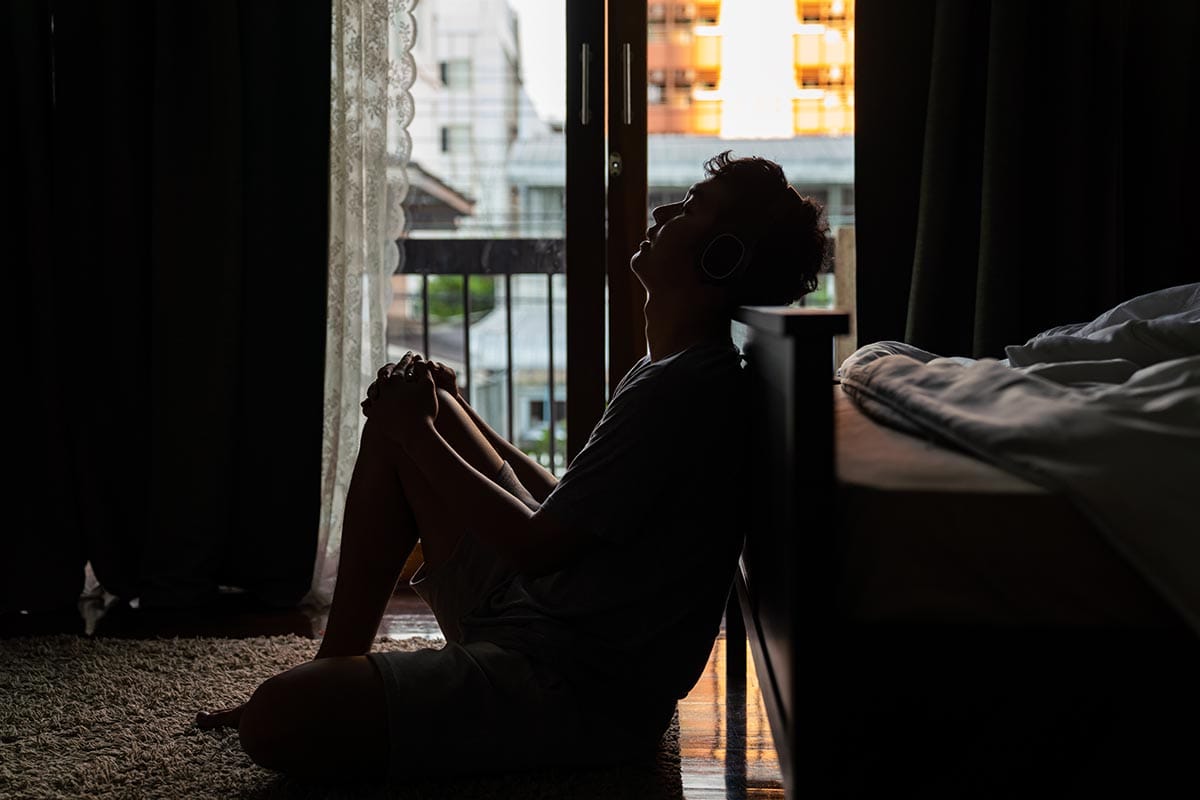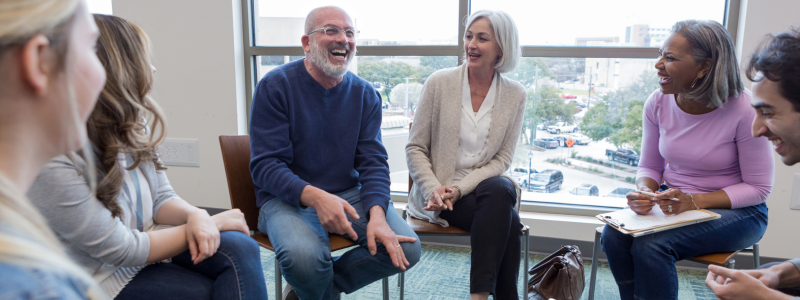Opiates are naturally derived opioids that come from the poppy plant. Natural opiates include pain medication such as morphine and codeine, as well as illicit drugs like heroin. They are very effective in treating pain but come with a high risk of addiction. The effects of opiate addiction are different for each patient, and symptoms can become so severe that they lead to death. Opiate addiction treatment can help patients struggling with opiate addiction before their symptoms completely consume them.
At Colorado Medication Assisted Recovery, we provide discreet outpatient treatment for men and women struggling with addiction to opiates or other substances. We will perform a thorough physical and mental evaluation to provide the most effective treatment for your unique symptoms. If you or a loved one struggles with opiate addiction, call 833.448.0127 today to learn more about our programs.
The Physical Effects of Opiate Addiction
Opiates can have a significant effect on your physical and mental health. Long-term use of opiates or taking more than the recommended amount can quickly lead to addiction and serious physical harm. As you take more, your body will crave more of the drug, even to the detriment of your health.
Some of the more severe physical effects of opiate addiction include:
- Respiratory failure – Opiates reduce pain and slow breathing down to induce relaxation. Higher doses of opiates can cause oxygen deprivation, leading to brain damage, organ failure, and death.
- Gastrointestinal damage – Opiate abuse affects the stomach muscles in your digestive system and slows the digestive process. It can lead to a condition known as opiate bowel dysfunction that causes chronic constipation, nausea, bloating, ileus, and severe stomach pain.
- Liver damage – Some opiates contain acetaminophen, and high doses of this chemical can damage the liver and lead to acetaminophen toxicity.
- Epidermis damage – Patients who inject opiates like heroin will face painful skin lesions, abscesses, gum disease, and scarring.
The physical effects of opiate addiction can be devastating and can lead to irreversible damage and death. At Colorado Medication Assisted Recovery, we offer private outpatient opiate rehab in Colorado for those who are ready to make a positive change in their lives.
Advantages of an Opiate Addiction Treatment Program
An opiate addiction treatment program can help you in many ways. It can give you a temporary break from the daily stresses of life and offers a safe and encouraging space to work on your recovery. Plus, it will significantly reduce the risk of relapse as your cravings and withdrawal symptoms are more manageable when you get help from opiate rehab in Colorado.
Other benefits of an opiate addiction treatment program include:
- Medication-assisted treatment to reduce withdrawal symptoms and cravings.
- Behavioral therapy to cope with negative thinking and habits that led to your addiction and any co-occurring mental health disorder.
- Family support to rebuild relationships, provide mental health support for all family members, and develop a stronger family bond.
- Increased self-esteem and confidence in your ability to lead a sober and productive life.
- A wide network of support that includes peer and family support.
Colorado Medication Assisted Recovery: Opiate Rehab in Colorado
At Colorado Medication Assisted Recovery, we provide safe and effective outpatient treatment for men and women struggling with opiate addiction. Our opiate addiction treatment program can help reduce the effects of opiate addiction through various programs that include:
- Cognitive-behavioral therapy
- Dialectical behavior therapy
- Medication-assisted treatment
- Family therapy and support
- Group therapy
Our opiate rehab in Colorado offers therapy that works around your schedule and can include in-person day and evening programs, including telehealth services. For more information about our opiate addiction treatment program and how it can help you break free of opiate addiction, call 833.448.0127 today to speak with our supportive and knowledgeable staff.





























